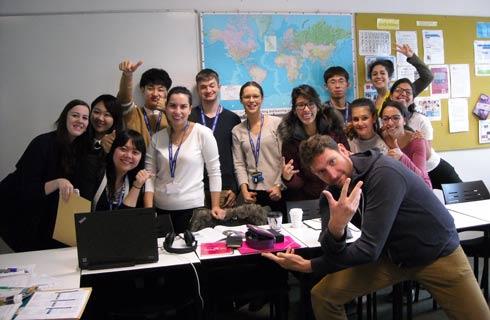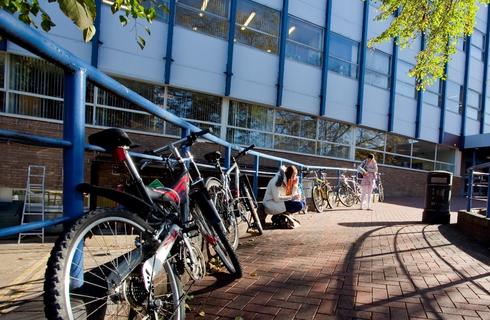国际学生入学条件
Successful completion of an Honours Degree in Political Science, Economics, History or a related field (including international, environmental or global studies undergraduate degrees) with an overall average of at least 78% in the final 20 courses.
Successful completion of at least one introductory course in economics at the university level before commencing the program.
Experienced professionals in the private or public sectors will be considered for admission, but additional course work may be required.
Supervisors
Review the finding a supervisor resources
Resume
Supplementary information form (SIF)
The SIF contains questions specific to your program, typically about why you want to enrol and your experience in that field. Review the application documents web page for more information about this requirement
If a statement or letter is required by your program, review the writing your personal statement resources for helpful tips and tricks on completion
Transcript(s)
Writing sample
References
Three references are required, at least two academic
Proof of English language proficiency, if applicable
TOEFL 100 (writing 26, speaking 26), IELTS 7.5 (writing 7.0, speaking 7.0)
展开
IDP—雅思考试联合主办方

雅思考试总分
7.5
了解更多
雅思考试指南
- 雅思总分:7.5
- 托福网考总分:100
- 托福笔试总分:160
- 其他语言考试:PTE (Academic) - 68 (writing 65, speaking 65)
CRICOS代码:
申请截止日期: 请与IDP顾问联系以获取详细信息。
课程简介
The MA in Global Governance offered by the University of Waterloo, goes beyond the rigidities and formalities of established academic boundaries by drawing on a variety of disciplines, including economics, politics, history, sociology and environmental studies. Designed to be completed in sixteen months, the program typically consists of two terms of course work; a third term in which students complete a Major Research Paper (MRP) on a specific research topic of their choosing relating to the study of global governance; followed by a fourth term as an intern working on global governance issues in the public or private sector, a research institute or NGO. Students can also take advantage of a number of exchange opportunities. The world faces increasingly complex problems that have taken on global significance, including conflict and peace-building, humanitarian crises and intervention, international economic inequality and instability, and global environmental change.<br><br>The Environment and Resources research cluster addresses the global governance challenges associated with large-scale environmental degradation and resource depletion. The cluster convenes and supports scholars and students that are studying environmental governance responses from various disciplinary lenses, and that are focusing on different issues (climate change and energy transitions, water scarcity and biodiversity, along others). It seeks to encourage collaborative research that sheds new light on the distributional, ethical, and collective-action issues raised by various governance responses, as well as contributes to better policy outcomes. The cluster also promotes policy-relevant projects that can contribute to current policy discussions in international organizations.
展开







 预科
预科 奖学金
奖学金 实习机会
实习机会 在校学习
在校学习 跨境学习
跨境学习 校园授课-线上开始
校园授课-线上开始 在线/远程学习
在线/远程学习














 劳伦森大学
劳伦森大学

 达尔豪斯大学
达尔豪斯大学

 达尔豪斯大学
达尔豪斯大学

 卡莫森学院
卡莫森学院

 温尼伯大学
温尼伯大学

 温尼伯大学
温尼伯大学

























